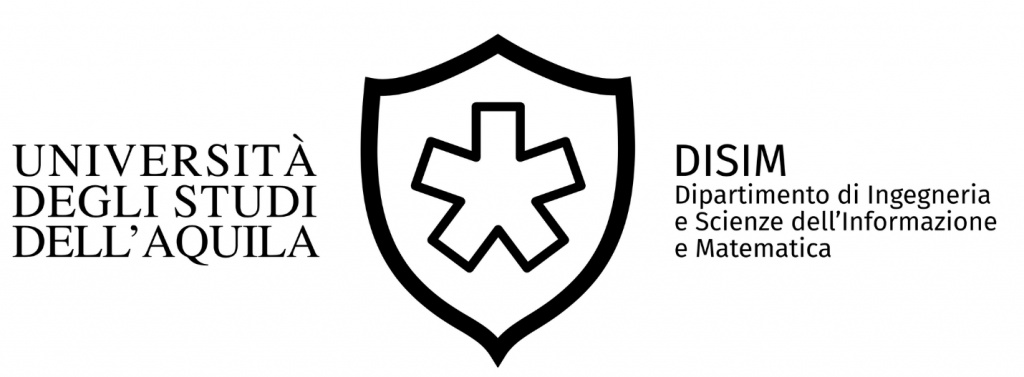[SEMINAR] On the analysis and control design for time-delay systems
Speaker: Prof. Wim Michiels (KU Leuven, NUMA – Numerical Analysis and Applied Mathematics section)
Location: Seminar Room of Alan Turing building (Coppito 0)
Date: Tuesday, May 27, 16:15 – 17:00
Live streaming on “ExEmerge Seminars” team (MS Teams code b7ti8br, link to the meeting here)
Title: On the analysis and control design for time-delay systems
Abstract: Time-delays are important components of many systems from engineering, physics and life science, due to the fact that the transfer of material, energy and information is mostly not instantaneous. They appear for instance as computation and communication lags, they model transport phenomena and hereditary and they arise as feedback delays in control loops. The inclusion of time-delays in the mathematical models gives rise to a description in terms of delay-differential equations. From a qualitative point of view, the presence of time-delays in dynamical systems may induce complex behavior and this behavior is not always intuitive. Even if the system’s equation is scalar, oscillations and chaotic behavior may occur. But on the other hand, time-delayed feedback is typically used for stabilizing chaotic systems. Time-delays in control loops are usually associated with degradation of performance and robustness, but there are situations where time-delays are beneficial and even used as controller parameters. Delays may interact with different scales of the system: whereas sometimes very large delays can be tolerated, there are situations where an arbitrarily small delay may destabilize a stable system.
The aim of my talk is to present a control oriented guided tour on time-delay systems. I will first review basic properties of time-delay systems and discuss a flexible modeling framework for interconnected systems, in terms of delay differential-algebraic equations. Next, I will address analysis and design methods for structured feedback controllers, implemented in the software package TDS-CONTROL, and outline the principle behind controller-induced reduction models. Examples from various application domains complete the presentation, with particular emphasis on delay-based vibration control methodologies.
Bio: Wim Michiels is currently a full professor at KU Leuven, where he leads a research team within the Numerical Analysis and Applied Mathematics (NUMA) section. His research interests include mathematical systems theory, dynamical systems, control and optimization, numerical linear algebra and scientific computing. His work focuses on the analysis and control of systems described by functional differential equations and other infinite-dimensional systems, on control of systems with a network structure, and on large‐scale numerical linear algebra problems. He has published in a variety of journals in computational and applied mathematics, control theory, optimization and dynamical systems. He is lead author of the book Stability, Control and Computation of Time-Delay Systems, SIAM, 2014 (2nd edition). He coordinated the H2020 Innovative Training Network UCoCoS on the analysis and control of complex systems. He has been Associate Editor of the IEEE Transactions on Automatic Control, Systems & Control Letters, Communications in Nonlinear Science and Numerical Simulation, Calcolo, Kybernetika and area editor of the Springer book series Advances in Delays and Dynamics. Currently, he is co-leader of the IFAC Working Group on Time-Delay Systems. He has been co-organizer of the ILAS 2016 and EUCCO 2015 conferences at KU Leuven, IPC (co)chair of the IFAC Workshop on Time-Delay Systems (2016, 2021), the IFAC Workshop on Periodic Control Systems (2016) and will be IPC Chair and co-organizer of the 2027 European Control Conference. He is a passionate teacher of six yearly courses at KU Leuven and courses in international PhD training programs (EECI-GSSI, SOCN, CISM, DISC, Gran Sasso Science Institute). He has been a member of the KU Leuven Research Council.
